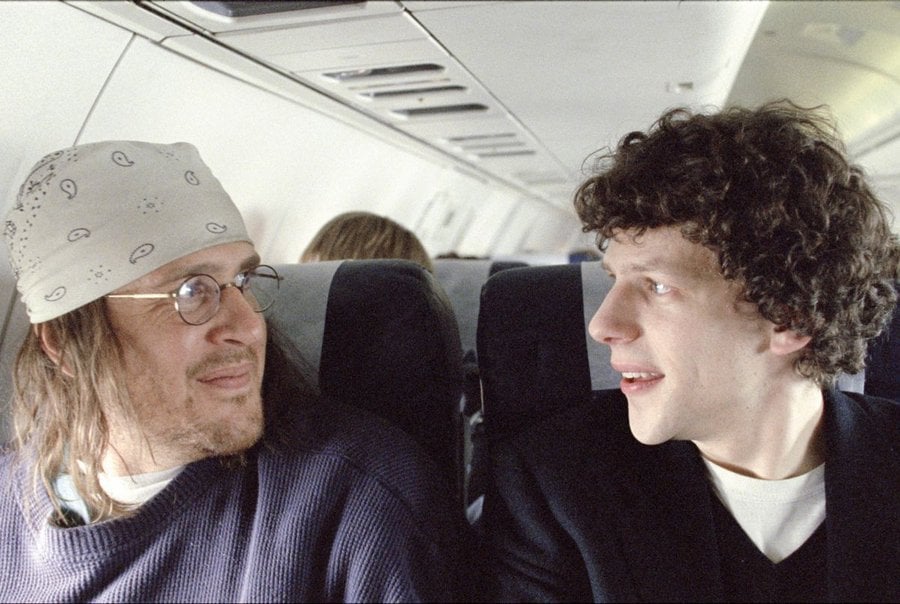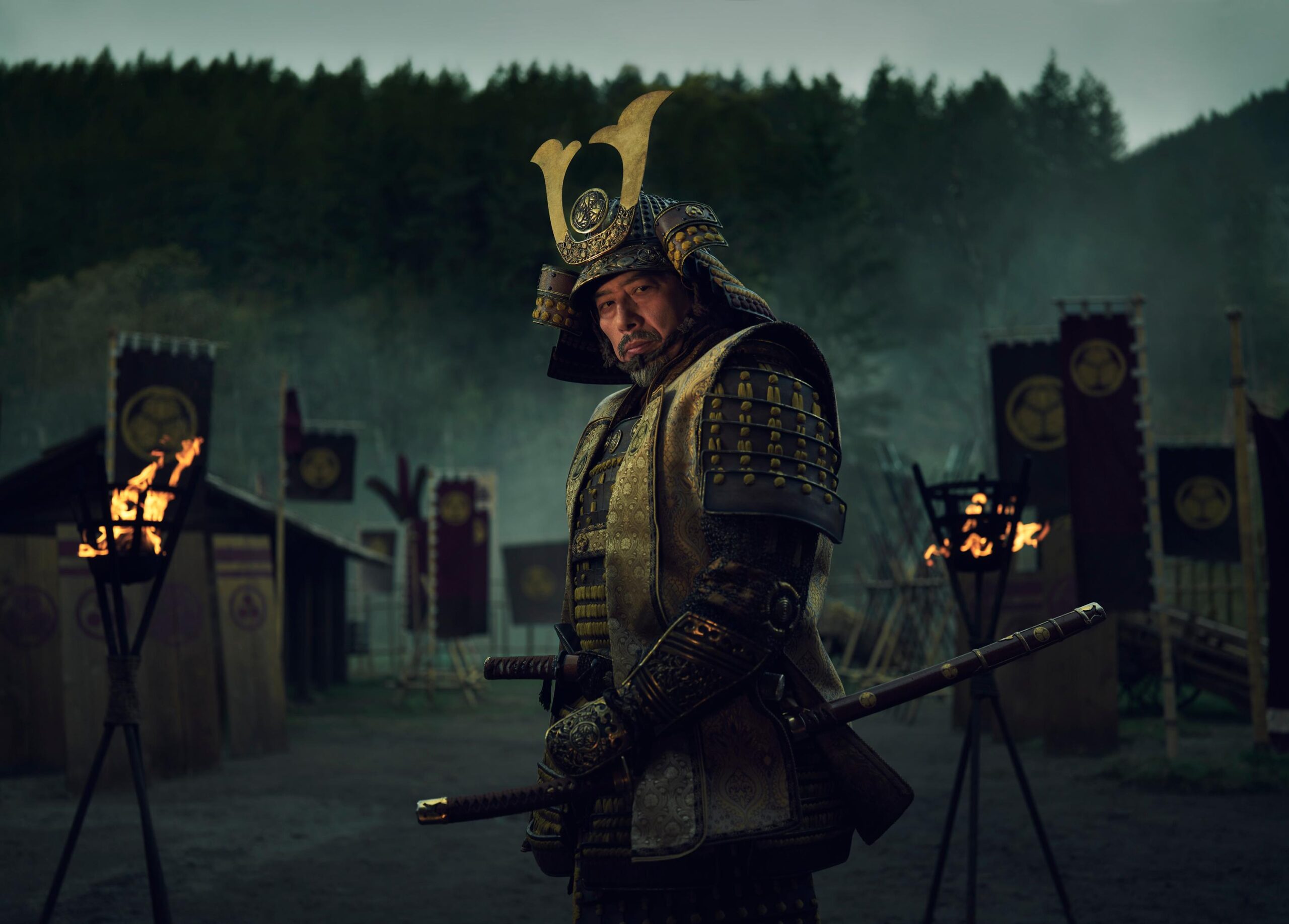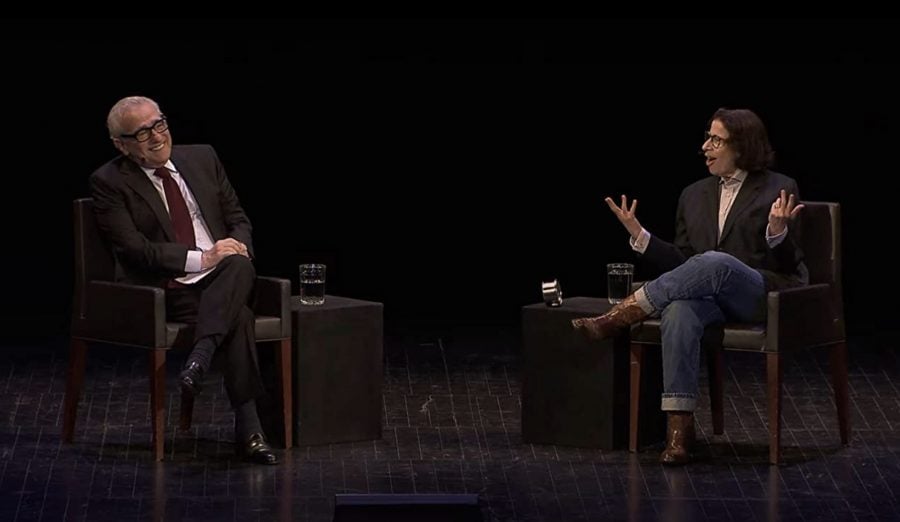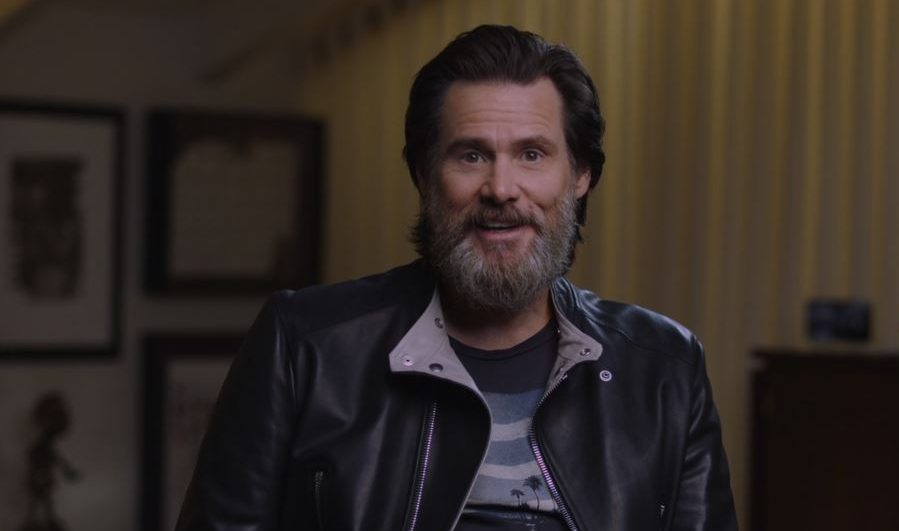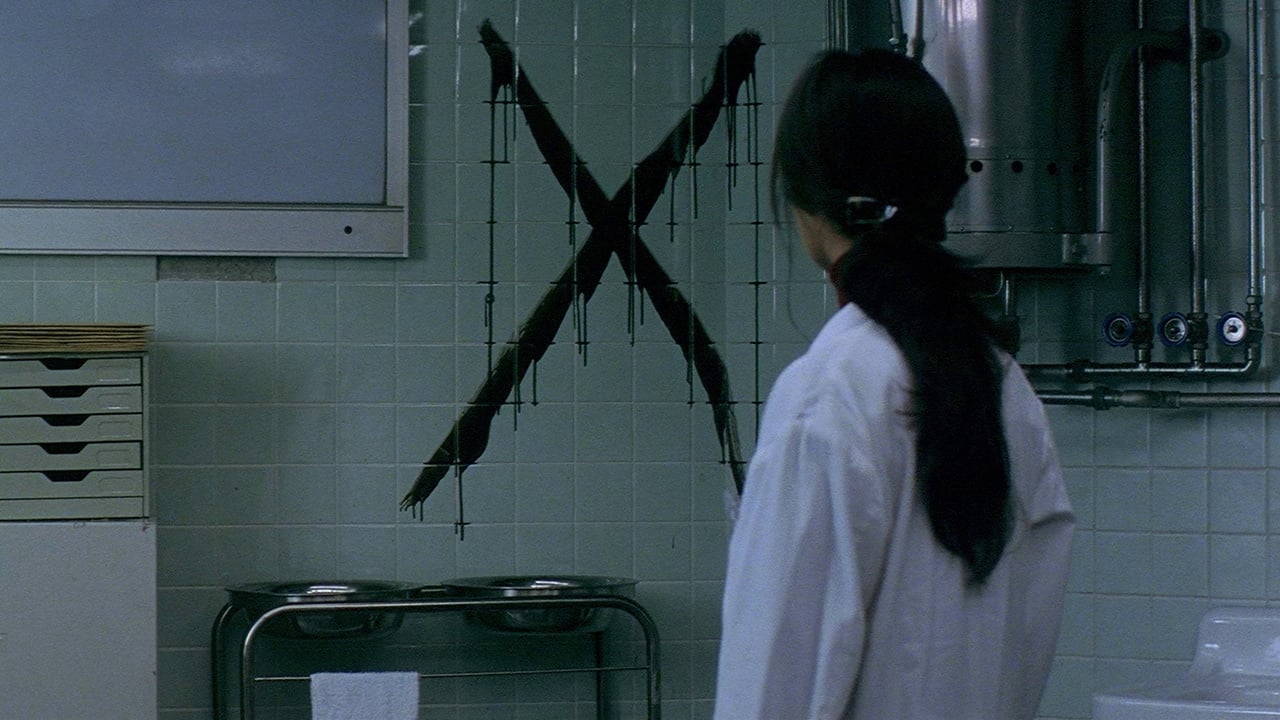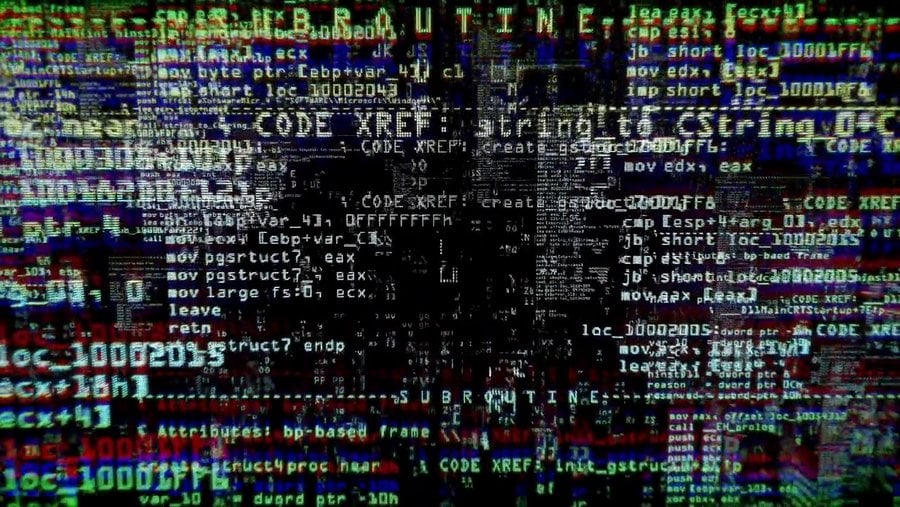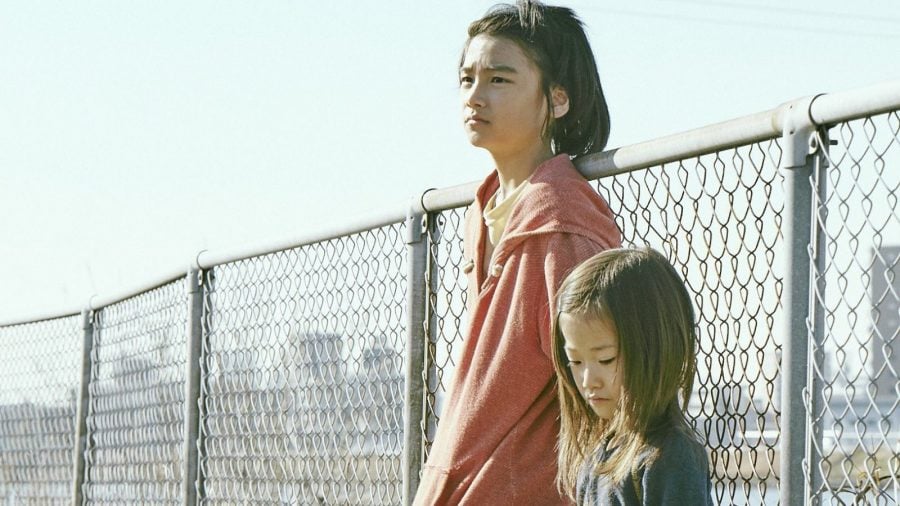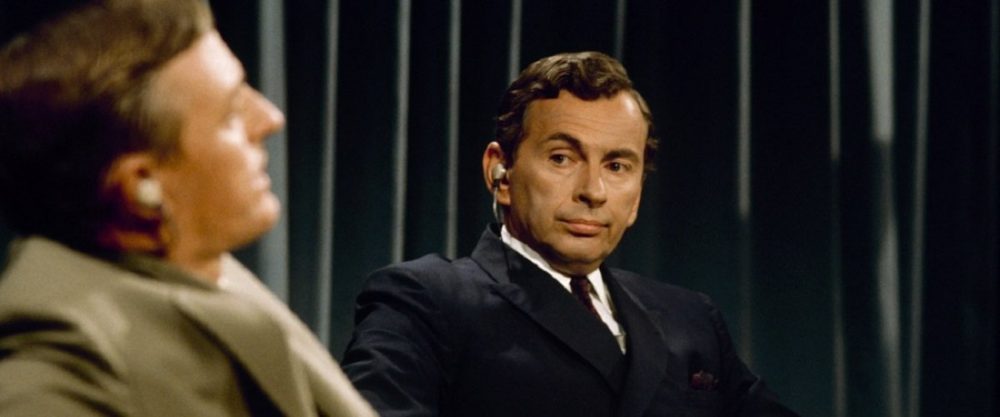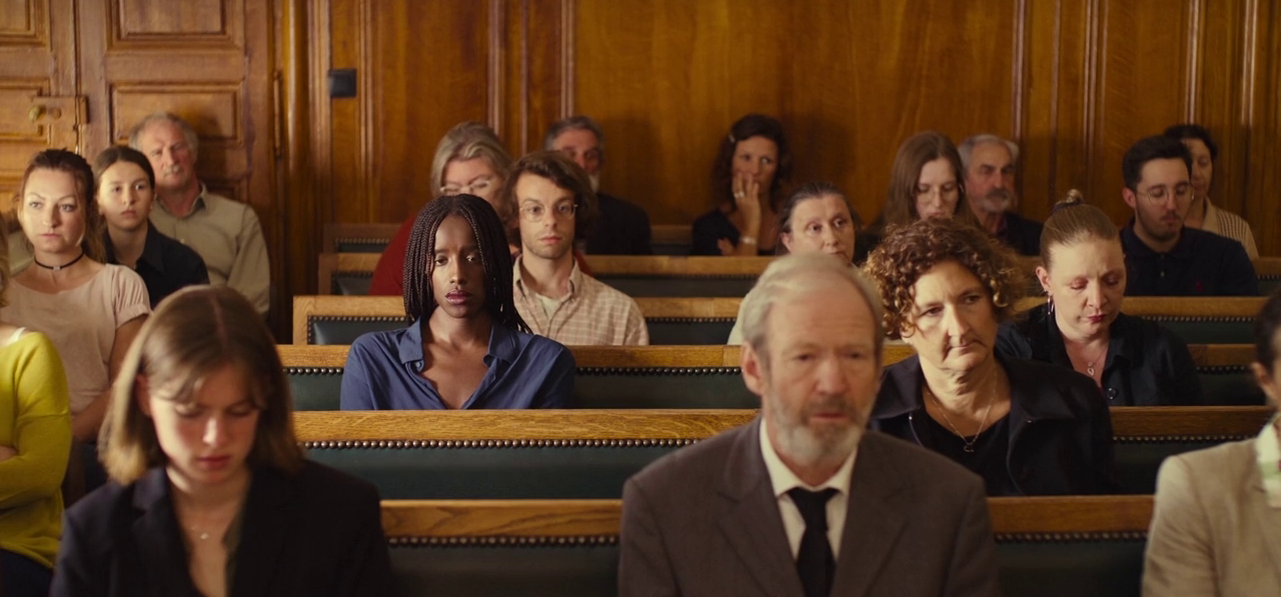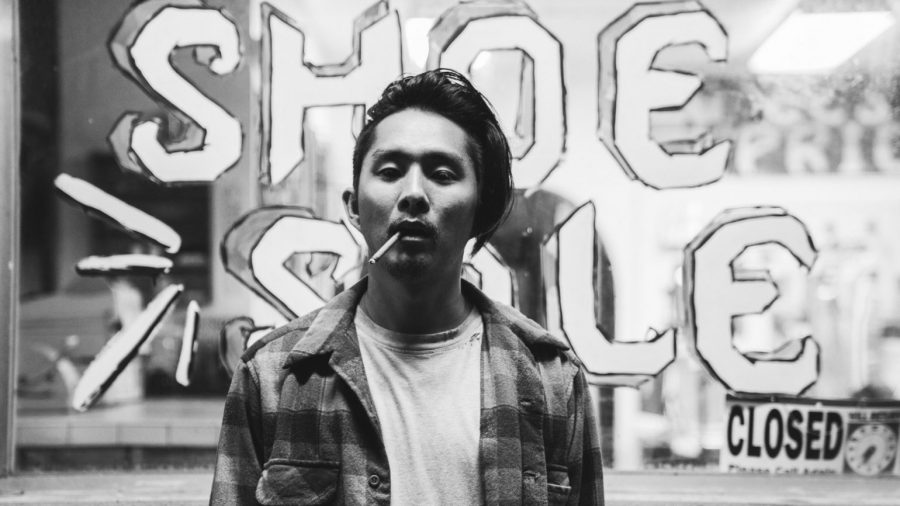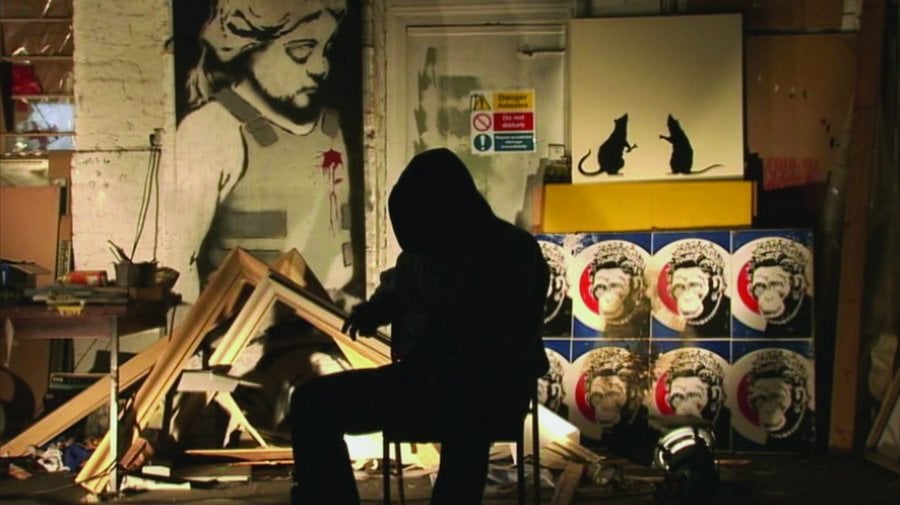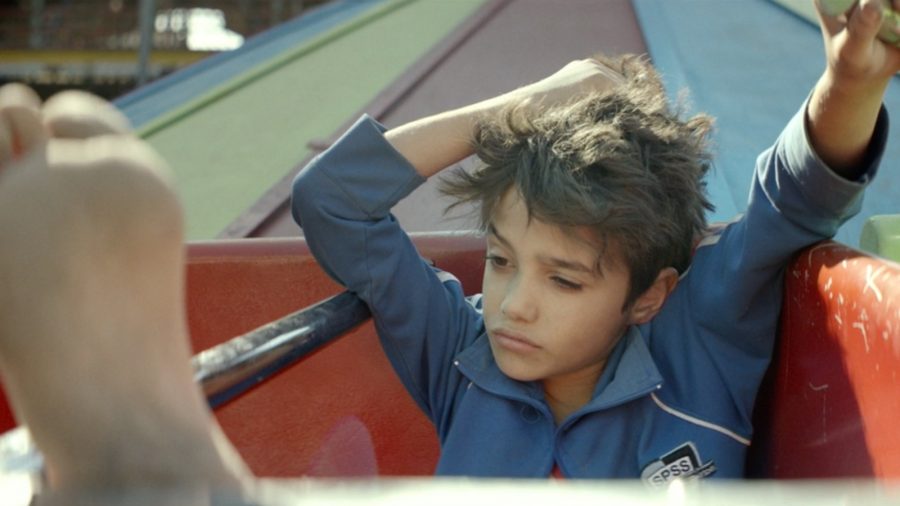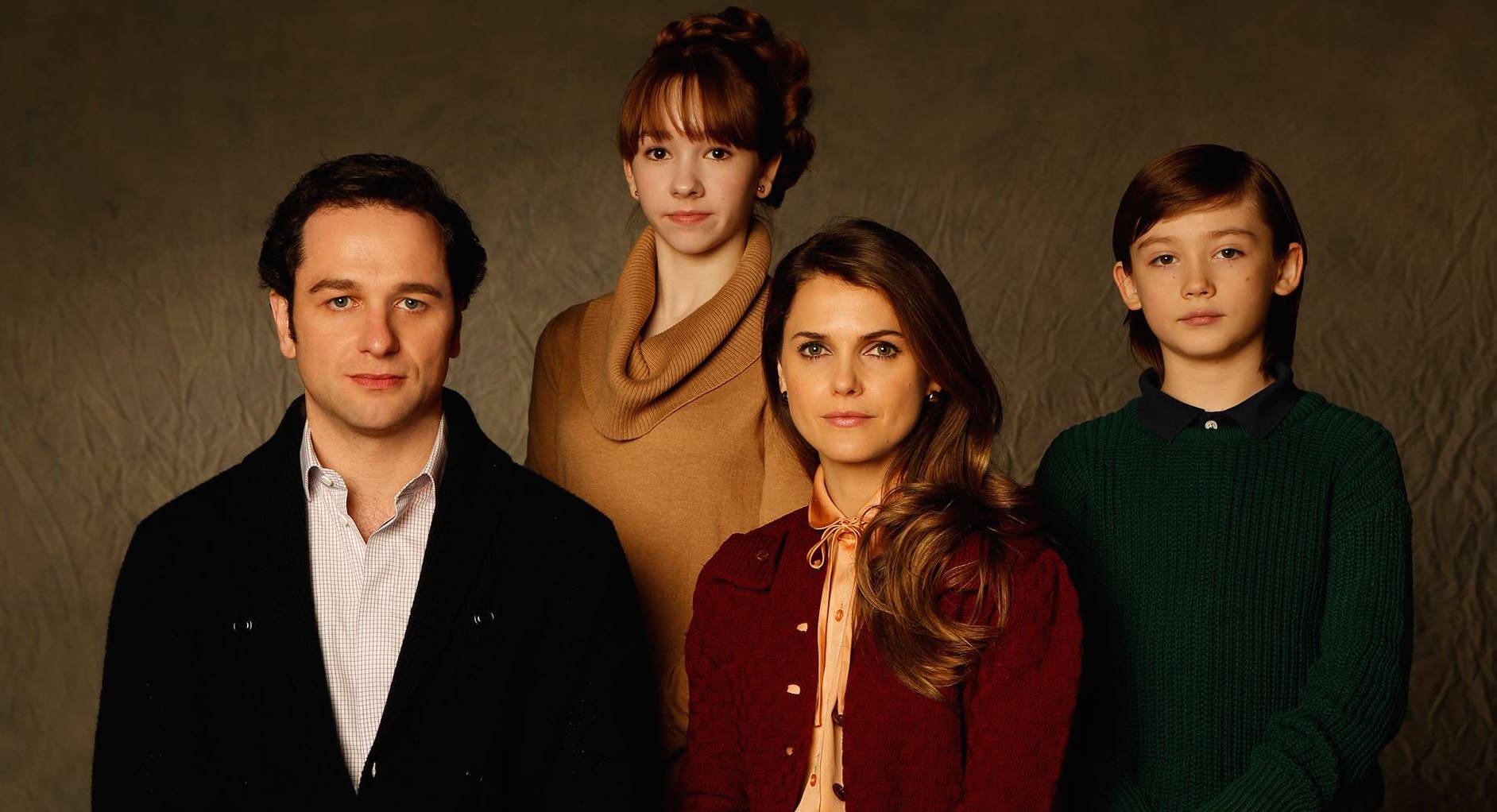A hot summer night, around 2 a.m. You're outside talking with a close friend about life, happiness, and the human condition. That quality and depth of conversation, which you reach at best a couple of times a year is present throughout the 106 minutes of The End of the Tour.
In the case of this movie, you become the witness of five days of conversation spent between two fine writers: the once-in-a-generation American author David Foster Wallace and best-selling Rolling Stone journalist David Lipsky, as they travel the US during the 1996 publicity tour for the former's magnum opus, Infinite Jest. Twelve years later Wallace will commit suicide.
Like a good podcast, the James-Ponsoldt-directed road movie makes you feel being part of a deeply personal conversation of the kind you would have with a long-time friend. At times, it can feel like eavesdropping on a genius at work. This effect is helped along by a flawless Jason Segal, who delivers an award-worthy performance as DFW. The fierce intelligence exuded by Jesse Eisenberg as David Lipsky is also nothing short of amazing. As they stuff their faces with junk food, their conversation is insightful, immediate, and unpretentiously relevant, making The End of the Tour a rare and important film.
Genre: Drama
Actor: Anna Chlumsky, Becky Ann Baker, Dan John Miller, Jason Segel, Jesse Eisenberg, Joan Cusack, Joel Thingvall, Johnny Otto, Mamie Gummer, Mickey Sumner, Punnavith Koy, Ron Livingston, Ryan J. Gilmer, Stephanie Cotton
Director: James Ponsoldt

